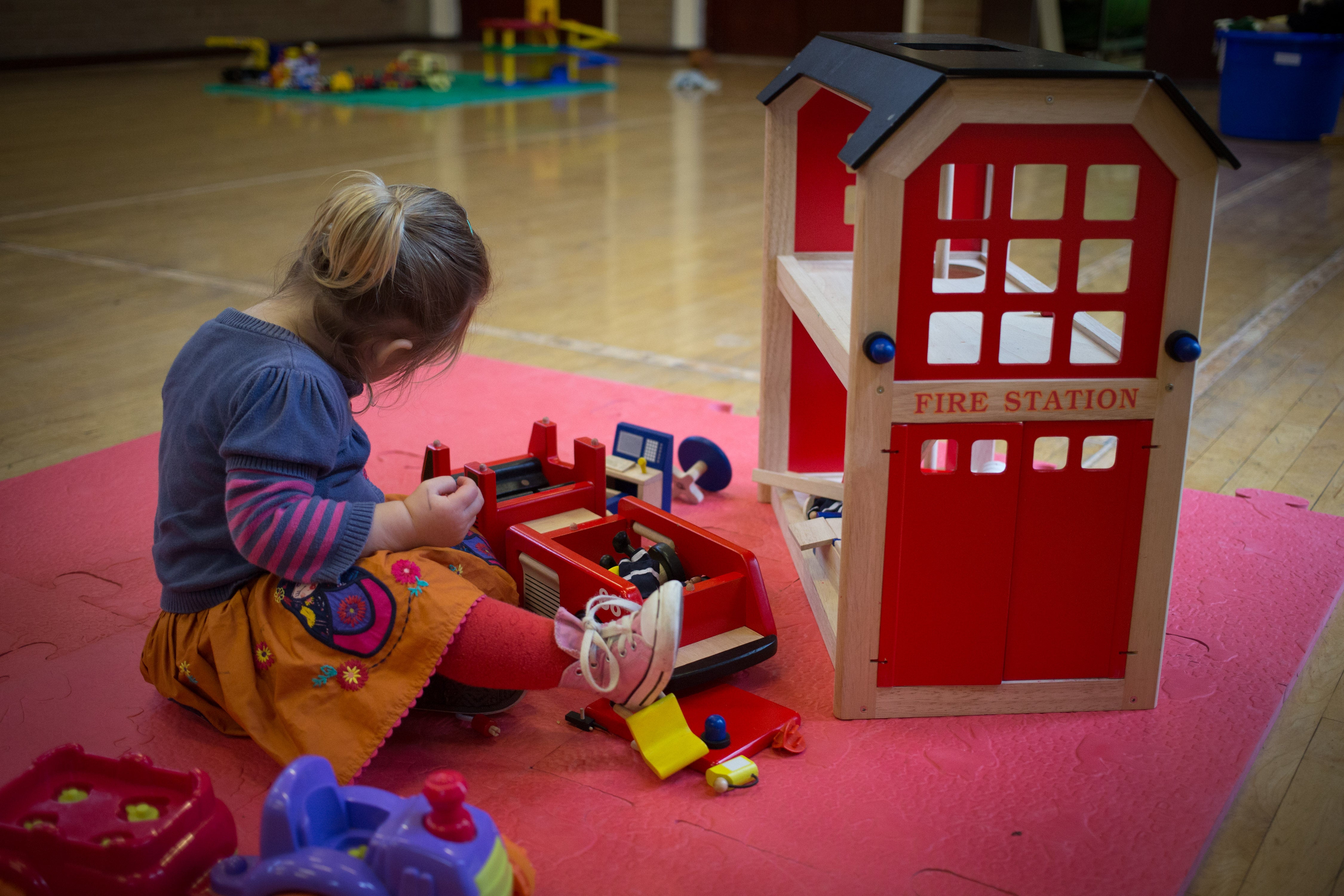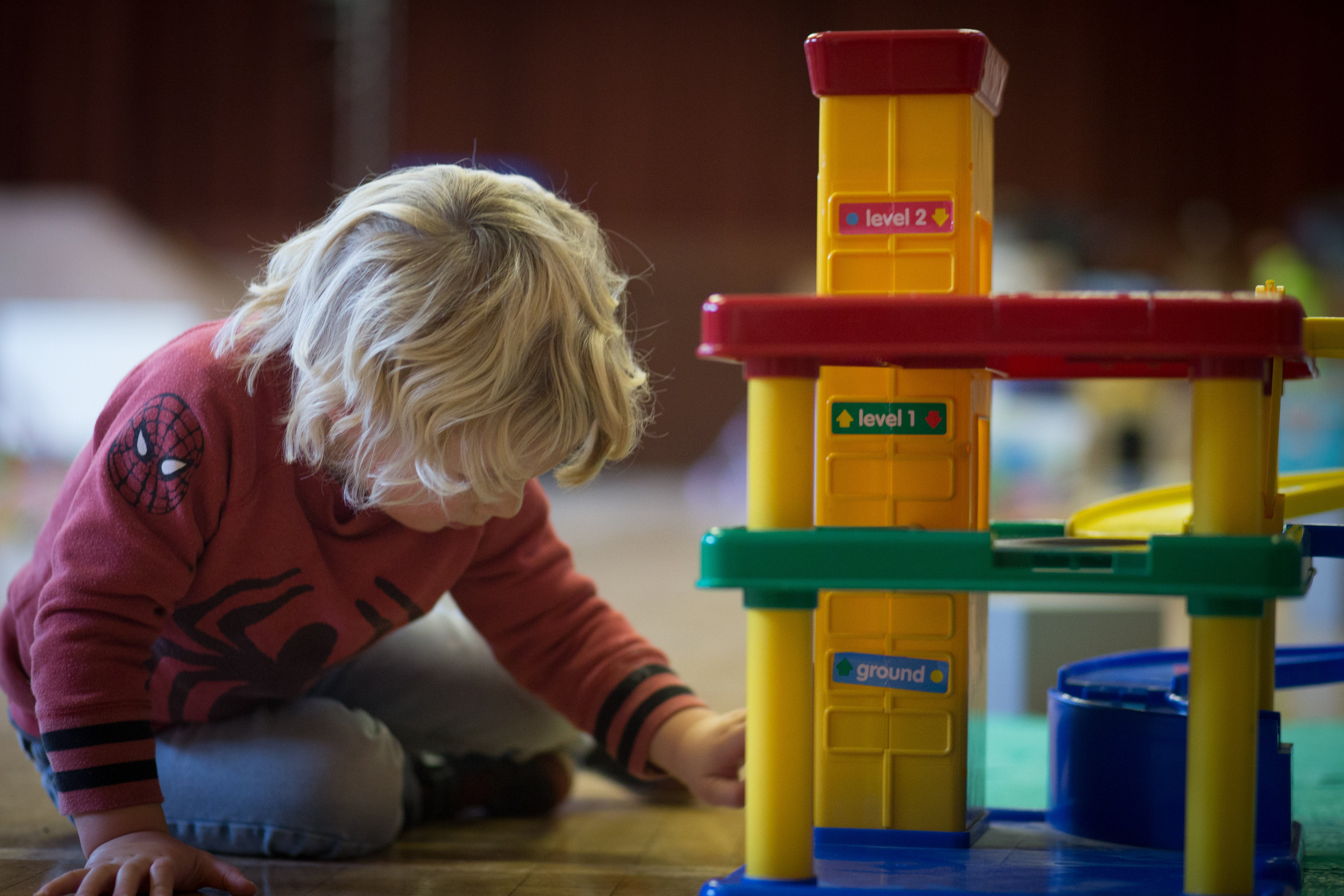Quarter of new primary schoolchildren still not toilet trained, finds report
‘Most of them can’t hold a pencil properly’: Children more comfortable playing with mobile phones than board games, one teacher said
Your support helps us to tell the story
From reproductive rights to climate change to Big Tech, The Independent is on the ground when the story is developing. Whether it's investigating the financials of Elon Musk's pro-Trump PAC or producing our latest documentary, 'The A Word', which shines a light on the American women fighting for reproductive rights, we know how important it is to parse out the facts from the messaging.
At such a critical moment in US history, we need reporters on the ground. Your donation allows us to keep sending journalists to speak to both sides of the story.
The Independent is trusted by Americans across the entire political spectrum. And unlike many other quality news outlets, we choose not to lock Americans out of our reporting and analysis with paywalls. We believe quality journalism should be available to everyone, paid for by those who can afford it.
Your support makes all the difference.One in four children starting school are not toilet trained, a report detailing the struggle of post-pandemic teaching has revealed.
Primary school teachers are having to spend two and half hours per day supporting children in their class who are not school-ready, according to research from an early years charity.
Teachers said they were seeing the impact of children spending more time on electronic devices and the effect of lockdowns on their social development. Research also found that half of parents do not think toilet training is solely their responsibility.
Some teachers said the current class of children arriving in reception have the worst behaviour of any cohort, explaining: “Their listening skills are appalling. Their basic cutting skills are appalling. Most of them can’t hold a pencil properly.”
However, some teachers said that lack of school readiness had been a growing problem, even before the pandemic, with one saying they had noticed a change over the last 20 years.
Fifty per cent of primary school teachers surveyed said that they had seen a rise in children who are not school-ready compared to September 2022, and a further third – 31 per cent – said the situation was about the same.

One in five parents surveyed said that they did not think their children need to be toilet trained before starting reception.
According to a survey by charity Kindred², teachers said 37 per cent of children in their reception class are unable to listen and respond to basic instructions. Thirty-seven per cent are unable to dress independently, 46 per cent are unable to sit still and 38 per cent find it hard to play with other children.
Ninety per cent of teachers said they had at least one child in their class who was not toilet trained. Nearly half of teachers are having to allocate more time to deal with personal care and hygiene issues in their class.
One teacher told researchers: “I don’t think parents are reading to their children or children are even having an opportunity to colour ... so they get skills to have to hold a pencil or a crayon ... I definitely do think technology is having a big impact... 10 years ago, 15 years ago, this wasn’t the case.”
Another teacher said children were coming into school not knowing how to take turns, or sit and play. They added: “You can put a tablet or a mobile phone in front of them and they’ll probably be able to show me a thing or two. But you give them a board game, a hula hoop or something like that and they don’t know what to do with it.”
Other teachers said that pandemic lockdowns had had an impact on young children’s behaviour. One said: “I saw a lot of them [who] didn’t start nursery and then it impacted them again in reception. But behaviour-wise they are our worst cohort. Their listening skills are appalling. Their basic cutting skills are appalling. Most of them can’t hold a pencil properly.”

One parent explained that the children starting reception now would have spent two years, or half their life, in lockdown and just around the people in their immediate home.
One teacher said that parents needed to realise that it was their duty to teach their children simple things like getting dressed, toileting and how to brush their teeth. Another added: “I feel like we’re not teaching as much in the first year now as we used to. It’s more babysitting... teaching them basic skills... It’s like being the parent for them.”
Director of Kindred², Felicity Gillespie, said the report “should be a watershed moment for schools and parents because we know that children who are behind before they begin reception are more likely to struggle throughout life”.
She added: “The 40 per cent attainment gap we see at GCSE is already evident at age five.”
Charity Kindred² commissioned Savanta to poll over 1,000 primary school staff in state-funded schools in England and Wales and 1,000 parents of reception-aged children.
A Department for Education spokesperson said: “We recognise that children’s early years are crucial – which is why we are providing a package of training, qualifications and expert guidance for early years workers, which includes support for them to improve children’s speech, language and communication skills.
“Parents can also access support to help with their child’s development via the government’s Family Hubs and Start for Life programme. This is part of our £300m investment to transform services for parents, carers, babies and children in 75 local authority areas across England."

Join our commenting forum
Join thought-provoking conversations, follow other Independent readers and see their replies
Comments